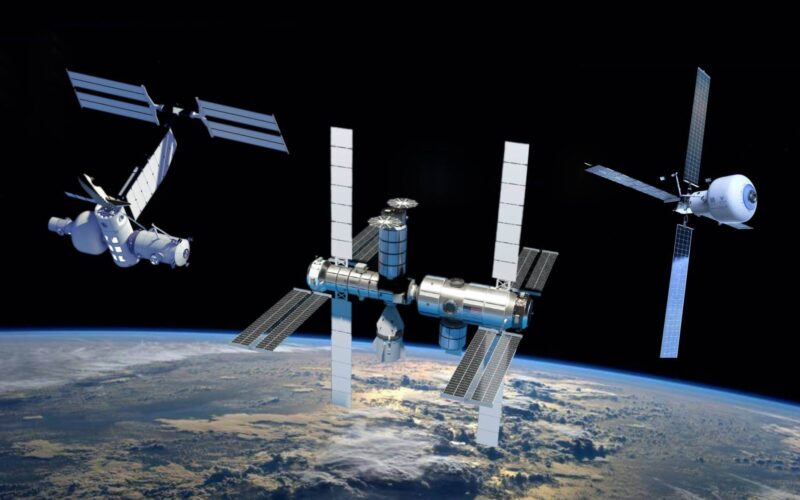NASA has selected three teams to develop proposals that could replace the International Space Station (ISS).
The participating companies signed the agreements on December 2, 2021, a NASA press release states. They will receive $415.6 million for further development and be offered the chance to participate in the second phase of the program, which will see NASA purchasing their services.
The first team, consisting of Nanoracks, Voyager Space and Lockheed Martin, will receive $160 million. Their proposal, a space station called Starlab, is expected to launch in 2027. Initially very small, Starlab will consist of a single inflatable module with an internal volume slightly smaller than that of half the ISS. According to NASA, the station will be built with the potential to add both internal and external extensions, as demand emerges.
The second team was awarded $130 million. Consisting of Blue Origin, Sierra Space and several other companies, including Boeing, it aims to launch the station, called Orbital Reef, by the end of 2020s. The station will consist of both inflatable and rigid modules, and include numerous facilities for both research and tourist accommodation.
The third team is led by Northrop Grumman and includes Dynetics alongside several as yet undisclosed companies. Awarded $125.6 million, its proposal is the most conservative of the three, consisting of several modules of those found on the ISS.
According to NASA, the first phase of the program will continue through 2025. The teams will design their space stations, coordinate the designs with NASA, and ensure the avoidance of the ‘space station gap’ upon the retirement of the ISS.
Recently, NASA has begun to shift its focus to smaller commercial space stations that could fulfill the agency’s need for an orbital laboratory. As the life expectancy of the International Space Station is nearing the end, and the contract between the countries maintaining it finishes in 2024, there has been no shortage of companies offering to provide astronauts with a suitable alternative.

